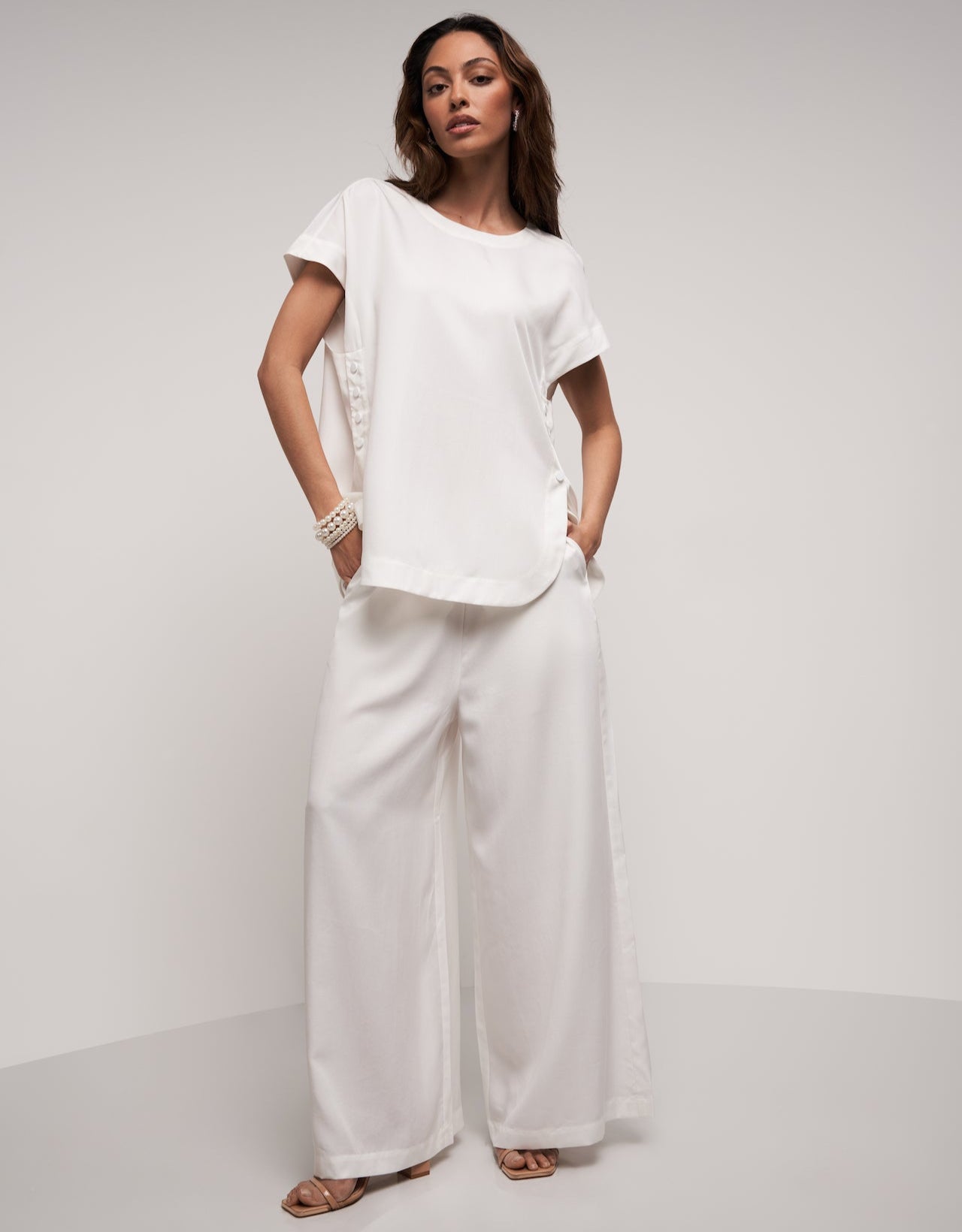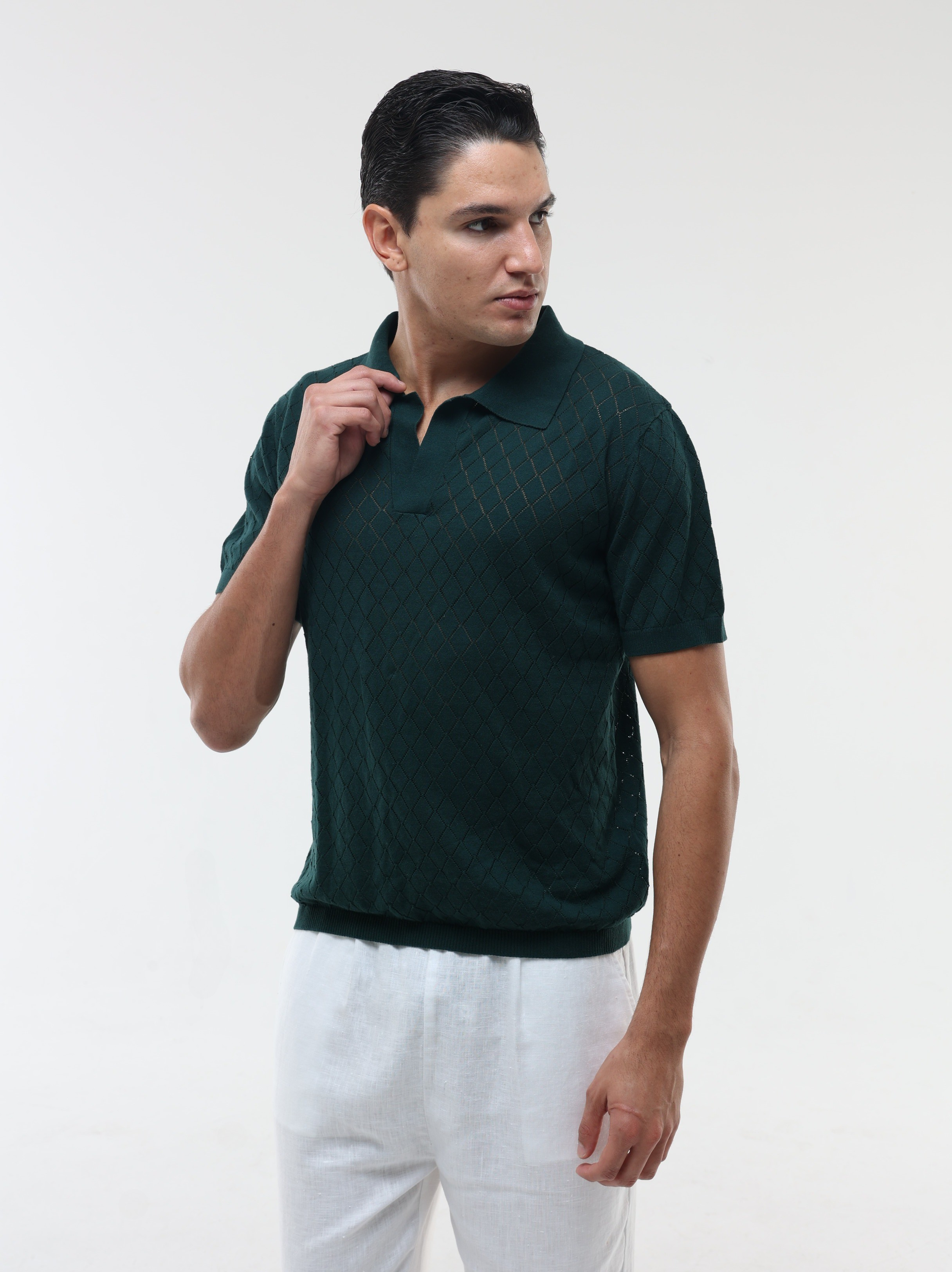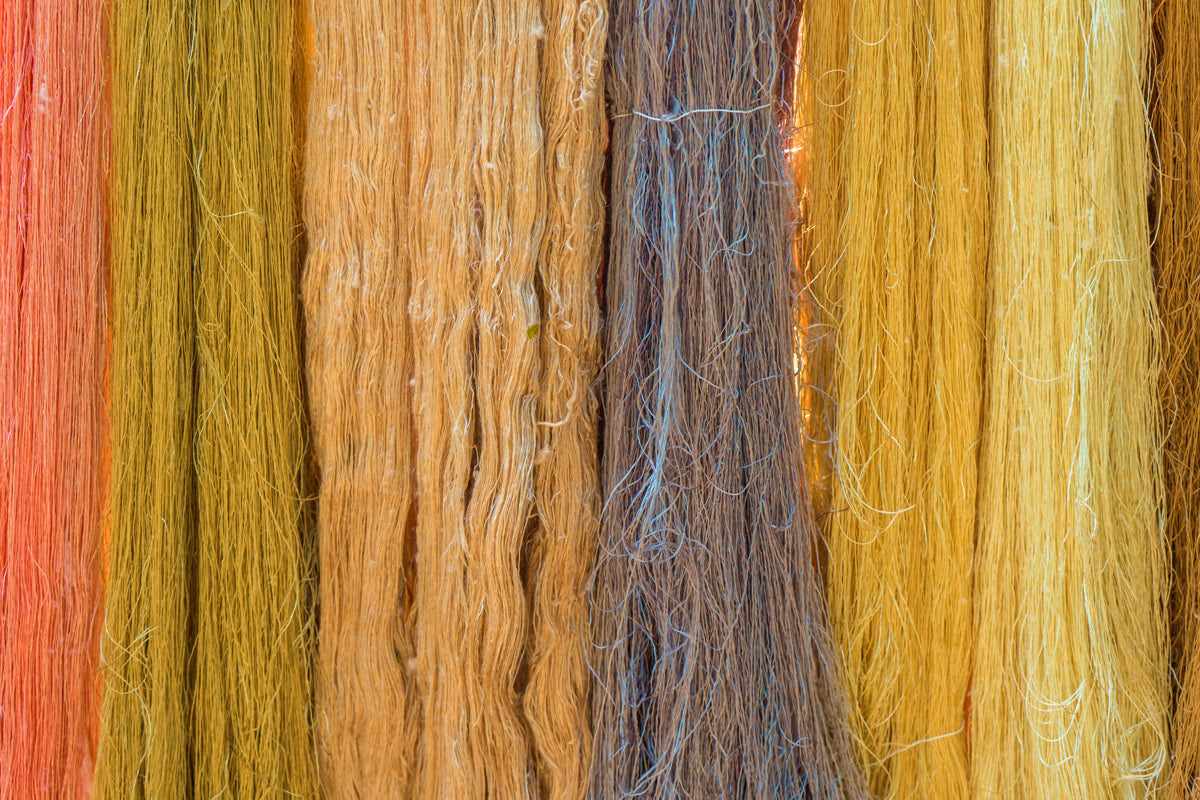
Ethical Clothing: The Next Big Wave in Fashion
Fast Fashion has relied on exploitative, unreliable and unethical practices for far too long. Selling clothes has become a cruel process, where factory workers, animals, and artisans are barely recognised for the time and effort they put in. But if recent trends are to be believed, this won’t be the case for much longer. Over the past years, the industry has undergone a remarkable change of upheaval, with many small and major Sustainable Fashion Brands alike ditching traditional methods of production and turning to more cruelty-free and eco-friendly alternatives. It’s a welcome change and a long-awaited one for sure. This ethical clothing trend does not seem to be slowing down. The traditional ways of producing fashion are unethical in countless ways. There is animal cruelty, horrific factory farms, and almost one billion animals are slaughtered for their fur every year. This warrants ethical clothing trends to come into the picture.

Animal Cruelty
Many cows and newborn animals are skinned alive to make leather. While these animals are killed for their fur, the ways that they are killed are inhumane. Methods like anal electrocution, drowning, neck-snapping and other ghastly ways are used to put these animals to rest. Even though wool is perceived to be rather humanely-produced, it involves horrors at par with those at a slaughterhouse. But fashion brands are beginning to understand this inhumane behaviour and are moving towards more ethical clothing practices

Human Rights Violations
Cambodian factory workers have gone through brutal human rights violations. These factories export around $5.7 billion in clothes each year and every worker earns 50 cents an hour and are forced to sir through hot and humid conditions for 11 hours straight in a day. Mass faintings have also occurred and workers have been routinely fired for getting pregnant or sick. Bangladesh has witnessed the collapse of a garment factory in 2013, which killed 1132 people and injured 2,000. When the workers protested for these offences, police shot and killed three of them.

We need to save the planet
Traditional fashion practices are killing the planet. Ethical clothing is the need of the hour. Every year, the textile industry spits out 1.2 tonnes of greenhouse gases which is much more than the marine shipping vessels and flights all combined together. These methods also consume 98 million tonnes of oil. Dyeing of textiles is the second-largest polluter of water and the fashion and apparel industry accounts for 10 per cent of greenhouse emissions. Fashion brands have started to realize the impact of traditional fashion practices, and are slowly switching to ethical clothing which seems to be the logical next step.

Do more Good for the environment
In 2018, we saw astounding moves for fashion that is suitable for the people who made our clothes. The global Fashion Revolution movement gets more powerful every year and continues to demand businesses to reveal “who made my clothes”.
This year, we demand social good practices to continue to grow and we will see an increase in brands who function using fair trade practices. These brands come in many shapes and sizes, and are the future of fashion.

Ethical Fashion: The next big thing
Thankfully many big and small clothing manufacturers are realizing the need to dig deeper into these toxic and harmful production practices. There are many ways to sell clothing that is fashionable and accessories that don’t end up destroying the environment, are cruel to animals or endanger employees or workers.
Vegan clothing is becoming very popular, and there is no shortage of brands to choose from. Brands like Zavi are providing sustainable options to those who want to make ethical clothing choices. Many brands provide an expansive generalized catalogue of vegan shirts, leather Jackets and Coats, accessories and more. Other brands specialising in vegan shoes, vegan swimwear and much more.





